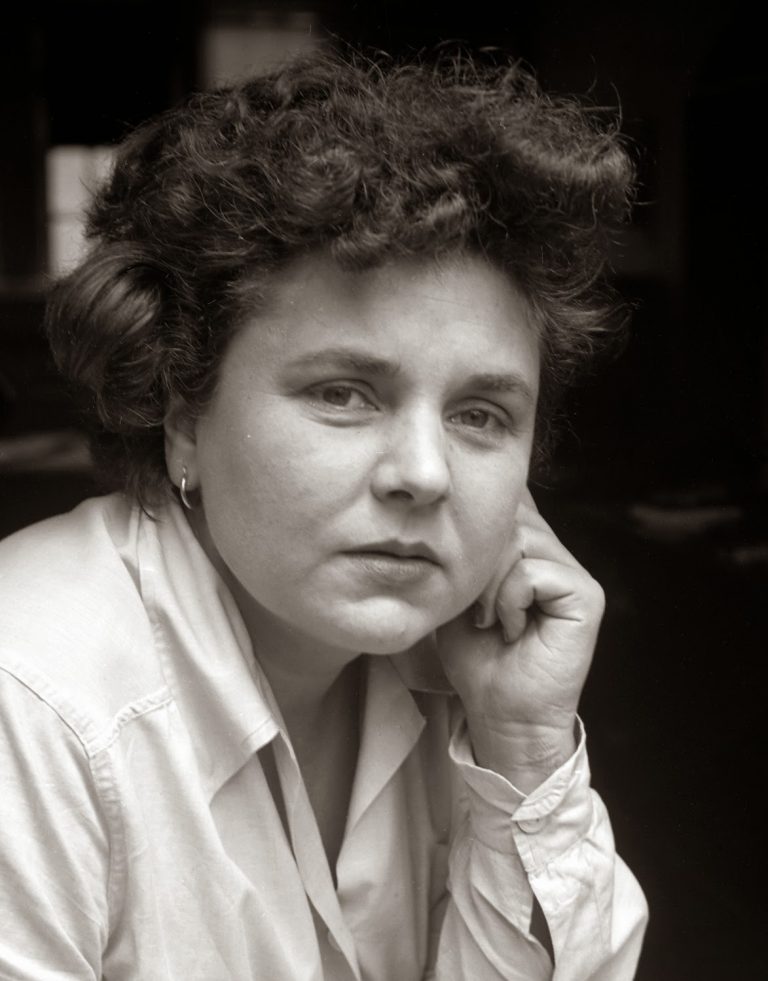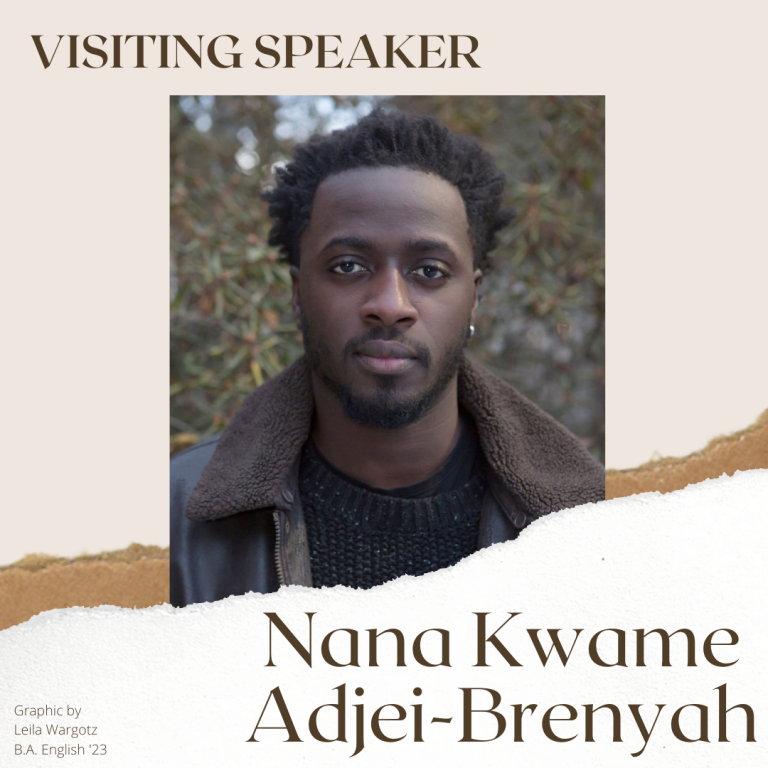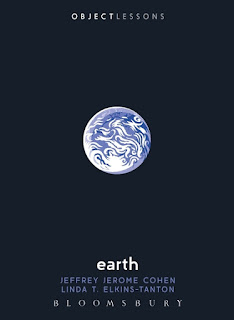Your newest book has been met with high praise. Professor Mark Bracher claimed “that no responsible educator or concerned citizen can afford to ignore” the analysis you present in your work. How have your own experiences in the classroom influenced the work?
My book discusses a few particular classroom interactions I had while teaching writing classes a good many years ago here at GW. As a teacher I value the give and take of discussion in my classes and I have the sense that students actually grow as thinkers as they come to enjoy responding to new and challenging ideas. When I underwent psychoanalytic training I began to more closely observe how the reception to new ideas was facilitated more by an appropriate emotional climate in the classroom than by evidence, information, and rigorous logical presentation. I found one class quite dramatic in its use of laughter to negotiate three stages of resistance to new ideas. After thinking about this class experience I worked in a focused way to reduce anxiety, avoid polarized argumentation and give emphasis to curiosity and tolerance for other points of view in classroom discussion. I found this work useful. It took me almost ten years to work out the details of this book as I began to see a cluster of particular kinds of emotional interactions–shame, pride, contempt and laughter–that could impede or facilitate the taking in of new and uncomfortable information.
Would you talk a little about how your previous work has influenced the creation of this book?
 |
| Professor Marshall Alcorn |
Both books reflect my interest in how emotion interacts with reason when students take ownership of new thoughts. My current book, though, moves in exactly the opposite direction from the previous book. In the first book I wanted to describe how student “desires” interact with the subject matter of teaching. Teaching is often imagined as simply the imparting of information. I argue that teaching, in the liberal arts especially, makes emotional demands upon students; I believe we should recognize and accept these demands rather than ignore them. The earlier book met with more success than I expected; it won an award and generated a good many commentaries. A number of my friends, however, pushed me to take up a question that was contrary to the major focus of that book. They wanted to know what to do when students flat out do not want to think about what the teacher wanted to teach. That focus became the theme of the current book.
Jacques Lacan has been a strong influence in your past and present works. Why did Lacan particularly capture your attention? How has he held it?
My own life has made me particularly sensitive to experiences of loss. I lost my mother at an early age and then later I worked as a Peace Corps Volunteer to manage the trauma of a devastating drought in the Bidar District of South India. When I was in graduate school I found myself intrigued by Freud’s observations about mourning and loss. I was not happy with Freud’s general system and claims and my encounter with Lacan came at a time when post-structuralist theory was transforming many ideas in literary study. I found the work helpful as a integration of linguistic, cultural and psychoanalytic ideas. My current book, however, has very few references to Freud or Lacan. Few people these days find psychoanalytic discourse engaging. My own psychoanalytic institute now makes use of new research in neurobiology and cognitive science to understand various mental processes. In this book I have sought to develop my argument through evidence that most academics might find credible. It is not that I no longer find Lacan useful, but that having learned from him, I am seeking a different language to convey those ideas.
In your preface you state that you are not happy with the terms you have chosen (“the emotional assimilation of thought” and “the desire not to know”). Why did you eventually decide on these terms and what other terms did you play around with?
The most obvious term for me to have used was denial. Neurobiologist V.S. Ramachandran uses the term denial in the cases of anosognosia he discusses. I really wanted to avoid that term. To me it has too quick a link to psychoanalytic jargon and does not offer any opening for reflective depth for thought. A clinician whose work I used, Wilfried Bion, developed the short hand formula, “L, H, and K” to describe how “K” or “knowing” is interlinked with “L” (loving) and “H” (hating) in the affective drive of thought. I slowly began to gravitate toward the term “desire not to know” that some institutes use for representing Bion’s term “–K,” an affect that works against knowing. It was awkward as term, but also suggestive. The linking of a generally positive concept “desire” with a negative term,“not to know” seemed to have some promise. Some readers I have heard from have been actually happy with this phrase. The term “emotional assimilation of thought” is a heavy phrase, and I worked with it early on in the project. So far it is the best phrasing I have for focusing sharply on the key problem I address.
You are currently working on a collection, An International Handbook of Trauma. How, if at all, has your new book influenced your project? Are you working on any other pieces?
For perhaps ten years the concept of trauma has been a major focus of my teaching and research. I worked with the GW Department of Psychiatry and the Washington Center for Psychoanalysis to hold an international conference here at GW in 2010. I have hosted many conferences over the years, but that conference was powerfully engaging and rewarding for me. The handbook project takes me into a new area of broad and practical thinking, producing a collection of essays that can be immediately helpful for many different professionals in particular situations. This is a direction I want to take at this point in my career. In addition, though, I find the concept of trauma increasingly interesting as a research area because even gently traumatized minds experience significant difficulty in integrating information. Trauma by definition means an encounter with difficult or unbearable or unimaginable experience and this means that this experience is registered (so researchers tell us) in dissociated fragments in different memory areas of the brain. In this sense, then. experiences of trauma help account for what I term “the desire not to know.” We take in readily only what we are already prepared to imagine. Unfortunately life offers many experiences that are on the one hand unimaginable, and on the other hand, absolutely necessary to understand.
Work on the current book led me to conversations with people outside academia. One connection that I found very engaging was talking to my brother, Patrick Alcorn, a computer information specialist with SAS. As we talked, we developed a framework for a paper that would have an audience in technology and business. In many ways the people most resistant to the ideas of my book are academics. On the one hand many academics would agree that people do often act with a “desire not to know.” But on the other hand, academics are practitioners of a profession that is generally paralyzed by the thought that something other than reason and evidence may be necessary for communication.
Some of the ideas from my book came from talking about it with my sons. At first they were very resistant to the idea that many people “desire not to know.” When I gave some examples, however, they could immediately see the truth of the claim and produced examples of their own. My own experience in writing the book suggests that my subject is something we characteristically think about with two parts of our mind that we never fully integrate. We may know that people are violently irrational, and yet in our next breath, just after we encounter a determined failure to take in information, we insist upon a persuasive rational argument and irritatingly seek to “prove” a point. What I am still trying to do myself is write is an integrated understanding of this dissociated condition. I find that every draft I write of the argument I make a little more progress in integrating dissociated ideas, but I also see where there is more work to do and more clarity to strive toward in formulating a better synthesis. After all my own desire to instruct in the “desire not to know” means that I must find a language offers possibilities for a “desire to know.”









